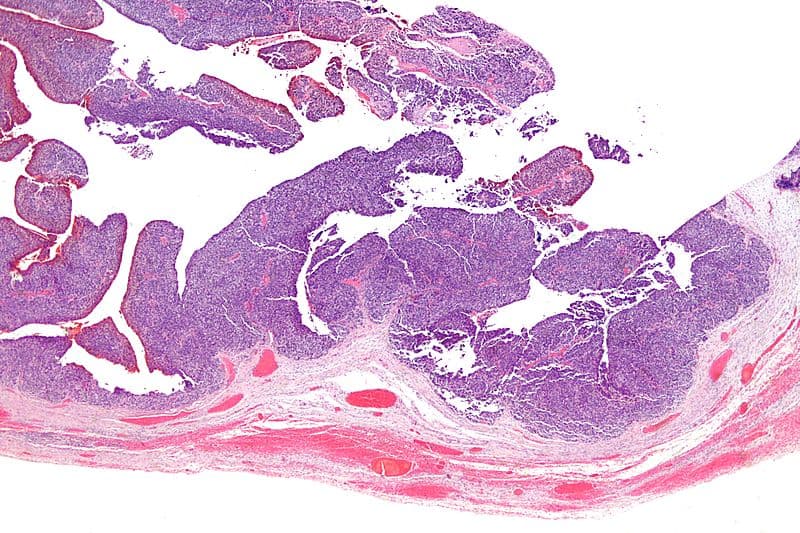
Risk estimate produced from long-term BRCA gene study
pharmafile | June 22, 2017 | News story | Research and Development | BRCA, Cancer Research UK, University of Cambridge
A new study funded by Cancer Research UK and carried out by the University of Cambridge has identified the ages when women are most at risk from cancer when they carry a faulty BRCA1 or BRCA2 gene.
The long-term study began in 1997 and was carried through to 2013, the study involved nearly 10,000 women exhibiting the genetic flaw. The ability to track when and, potentially, why women with the faulty would develop cancer allowed scientists to map when women were most vulnerable to cancer.
For instance, breast cancer rates were seen to peak into those aged between 41 and 50 years old and possessing the BRCA1 gene, while those with a faulty BRCA2 gene were found to develop cancer a decade later, in comparison. Meanwhile, ovarian cancer was found to occur more often between the ages 61 to 70.
Perhaps the bleakest figure was the estimate that approximately 7 out of 10 women with either BRCA gene will develop breast cancer by the age of 80.
However, Professor Arnie Purushotham, Cancer Research UK’s Senior Clinical Adviser, said that the research that generated these figures could be used for the benefit of those carrying the genes: “Women who carry faulty BRCA genes are much more likely to develop breast or ovarian cancers, and this large study could help women, and their doctors, better understand their risk of developing these cancers. This information could help women decide the steps that they may want to take to reduce their risk of breast cancer, such as preventative surgery, medication or lifestyle changes”.
As well as finding the relationship with the faulty genes and cancer development, the researchers were able to track other factors involved in the potential for cancer to manifest in study participants.
Breast cancer risk was found to increase with the number of close relatives who also developed the disease – women with two or more relatives who developed breast cancer were found to have double the risk compared to those with no family history.
Ben Hargreaves
Related Content

Sosei Heptares and Cancer Research UK announce first patient dosed in phase 1/2a trial
Sosei Heptares and Cancer Research UK have announced that the first patient has been dosed …

Cancer Research UK joins forces with Teon to develop new cancer drug
Cancer Research UK and Teon Therapeutics have entered a collaboration agreement to progress the early phase clinical development …

Scientists develop new drug to target KRAS mutations in cancer
In a study funded by Cancer Research UK and Wellcome, scientists have developed a new …








